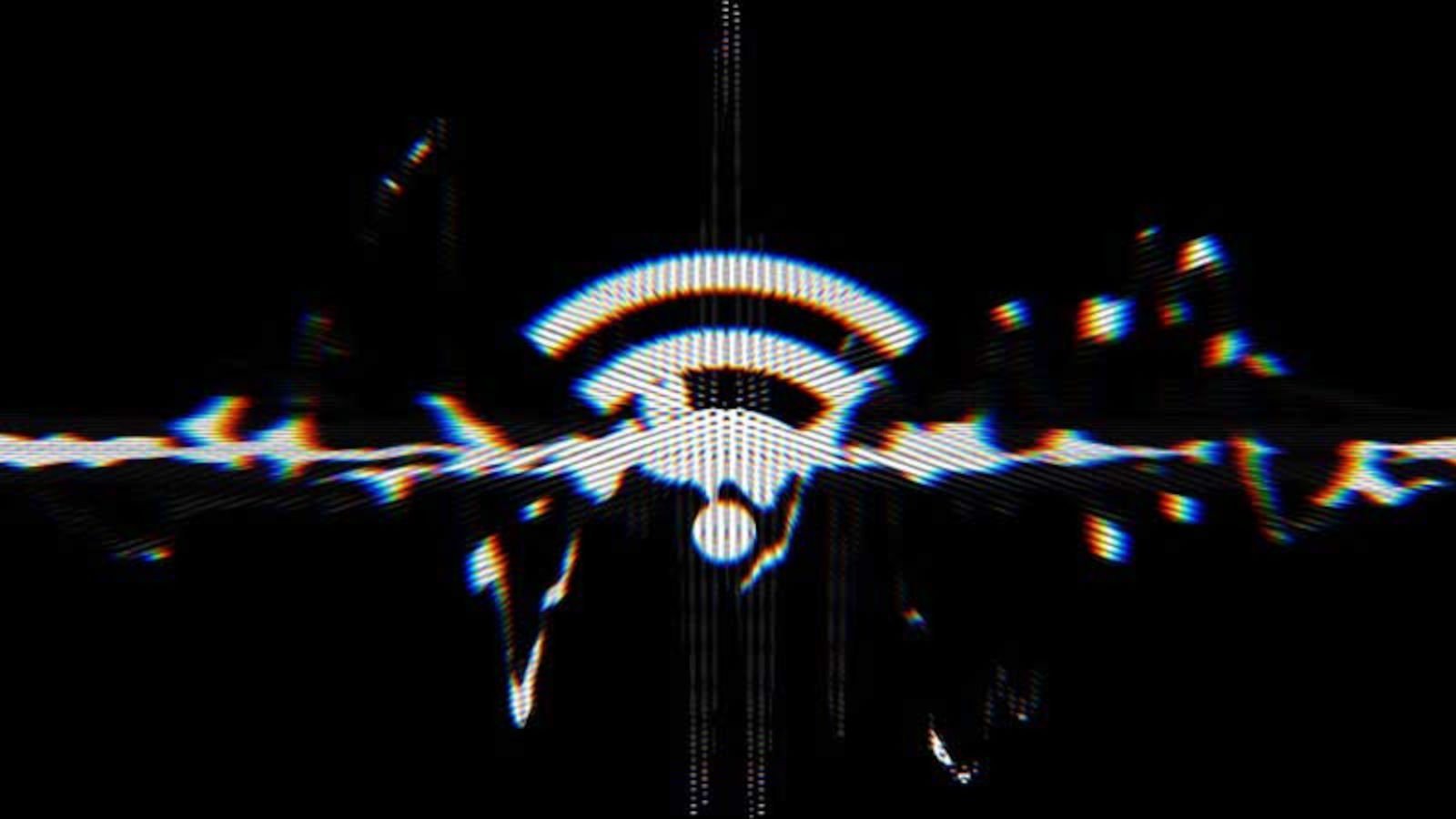The researchers warn that these attacks could be used to inject malicious content, such as JavaScript, into TCP packets.
“An adversary can use their own Internet-connected server to inject data into this TCP connection by injecting off-path TCP packets with a spoofed sender IP address,” warn the researchers.
“This can, for instance, be abused to send malicious JavaScript code to the victim in plaintext HTTP connections with as goal to exploit vulnerabilities in the client’s browser.”
While this attack could also be used to snoop on traffic, as most web traffic is encrypted using TLS, there would be a limited impact.
The technical details and research are available in USENIX Security 2023 paper, which will be presented at the upcoming BlackHat Asia conference on May 12, 2023.
Source: WiFi protocol flaw allows attackers to hijack network traffic








